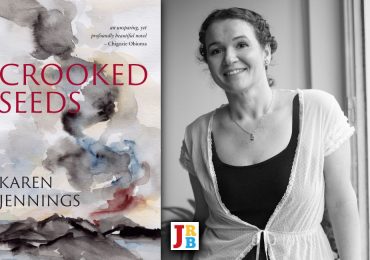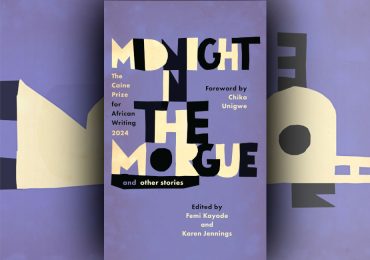The 2021 Booker Prize longlist has been announced, with this year’s crop of thirteen novels described by the judges as ‘artful’, ‘distinctive’, and with ‘important things to say about the nature of community’.
The list includes South Africans Damon Galgut and Karen Jennings, for their books The Promise and An Island, respectively. Somali–British novelist Nadifa Mohamed also features on the list, for her novel The Fortune Men.
First awarded in 1969, the £50,000 (about R1,026,000) prize is open to writers of any nationality, writing in English and published in the United Kingdom or Ireland.
Former winner Kazuo Ishiguro (who is also a Nobel laureate) features on the list, along with Anuk Arudpragasam, Rachel Cusk, Nathan Harris, Mary Lawson, Patricia Lockwood, Richard Powers, Sunjeeve Sahota, Maggie Shipstead and Francis Spufford.
Galgut, Lawson, Powers and Sahota have all previously appeared on Booker lists; find the complete 2021 longlist here, and the official press release from the Prize here.
2021 Booker Prize longlist, or Booker ‘Dozen’
- A Passage North, Anuk Arudpragasam (Granta Books, Granta Publications)
- Second Place, Rachel Cusk, (Faber)
- The Promise, Damon Galgut, (Chatto & Windus, Vintage, PRH)
- The Sweetness of Water, Nathan Harris (Tinder Press, Headline, Hachette Book Group)
- Klara and the Sun, Kazuo Ishiguro (Faber)
- An Island, Karen Jennings (Holland House Books)
- A Town Called Solace, Mary Lawson (Chatto & Windus, Vintage, PRH)
- No One is Talking About This, Patricia Lockwood (Bloomsbury Circus, Bloomsbury Publishing)
- The Fortune Men, Nadifa Mohamed (Viking, Penguin General, PRH)
- Bewilderment, Richard Powers (Hutchinson Heinemann, PRH)
- China Room, Sunjeev Sahota (Harvill Secker, Vintage, PRH)
- Great Circle, Maggie Shipstead (Doubleday, Transworld Publishers, PRH)
- Light Perpetual, Francis Spufford (Faber)
The shortlist of six books will be announced on Tuesday 14 September, and the winner on Wednesday 3 November.
We’re naturally egging on Galgut and Jennings in the race—but also spare a thought for Rachel Cusk, whose book’s title, we can only hope for her sake, does not augur its destiny.





